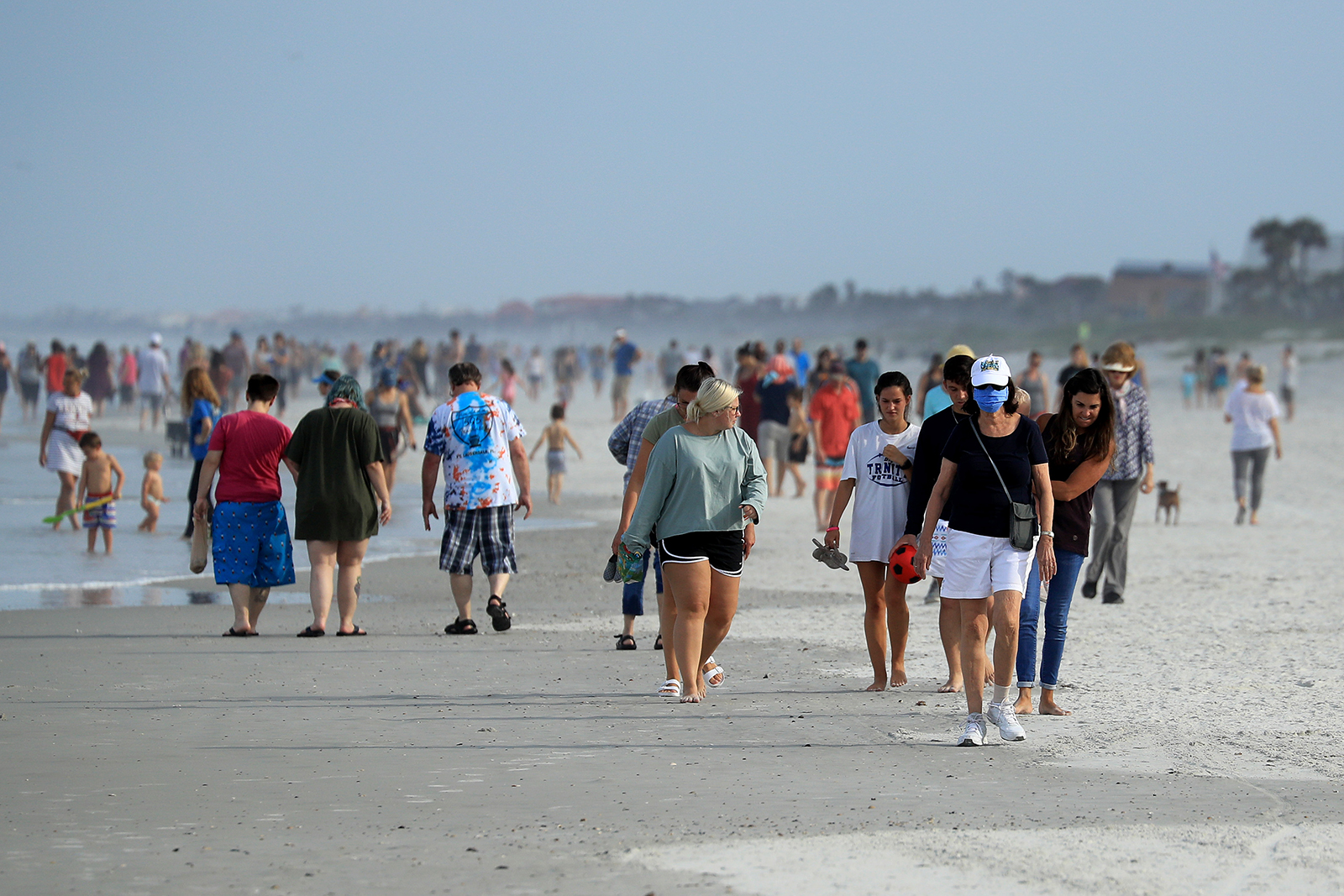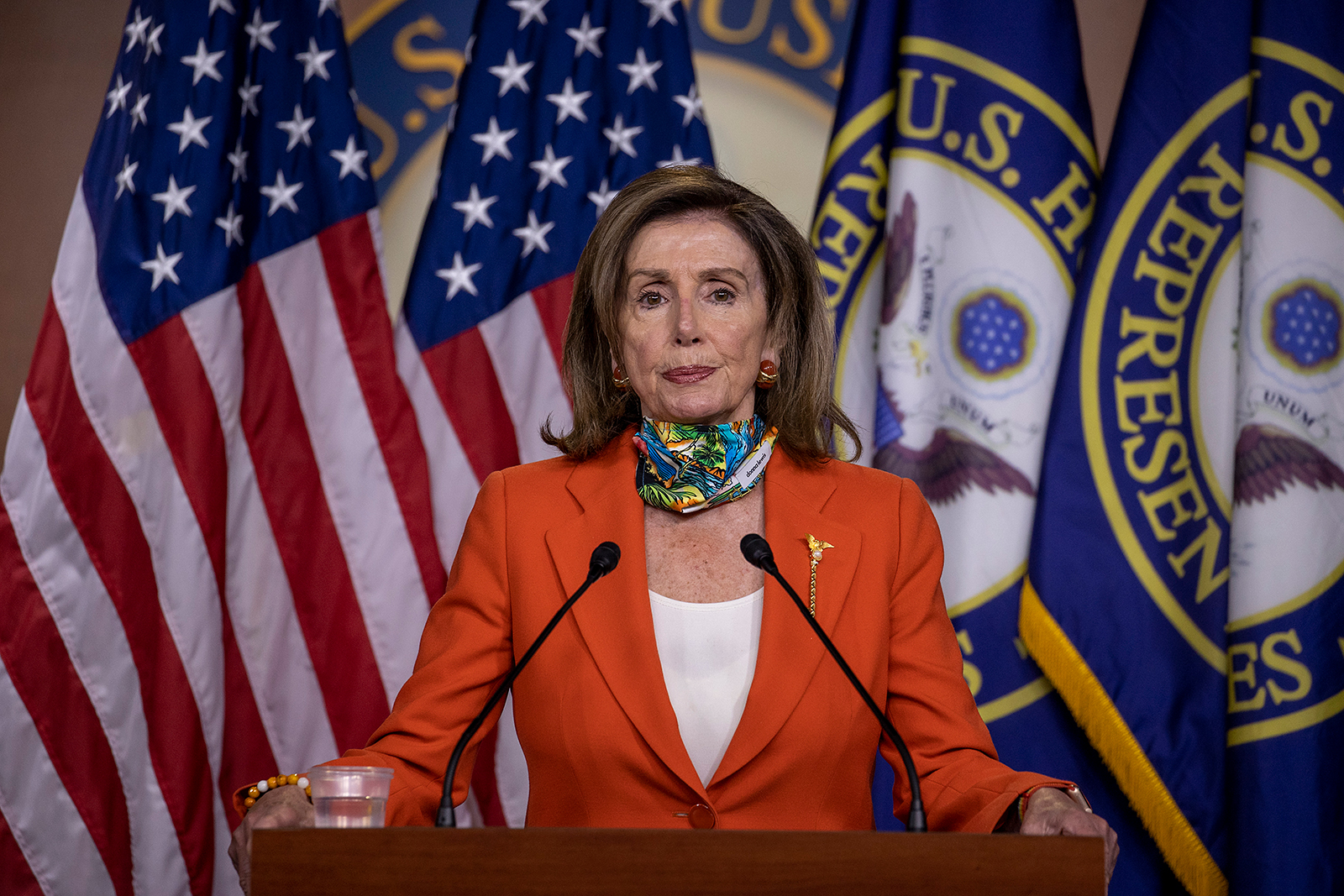
Major League Baseball revealed Monday a sampling of the unique on-field rules and procedures teams will adhere to starting this week. Players and staff are required to report to their teams this Wednesday.
Here are some of the guidelines:
- MLB is encouraging players to not socialize or come within six feet of each other during games this upcoming season.
- The league is banning spitting of any kind with chewing gum permitted as an alternative.
- MLB says all personnel will be required to complete Covid-19 screening and testing before entering club facilities. Clubs can begin full workouts starting Friday with Opening Day games on either July 23 or 24.
- The league has told all 30 clubs that they must submit coronavirus health and safety action plans for league approval.
- Clubs are also being told that they need to physically expand dugout and bullpen spaces at their respective ballparks.
- As for players socializing, the statement says that players on opposite teams should "not socialize, fraternize, or come within six feet of each other before the game, during warm-ups, in between innings, or after the game.”
New non-traditional rules will be in place when the season starts including the addition of a designated hitter in the National League and placing a runner on second base at the start of each teams’ extra-inning frame.







